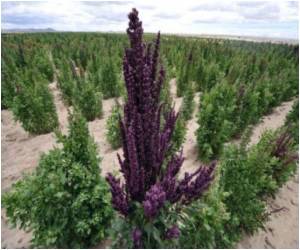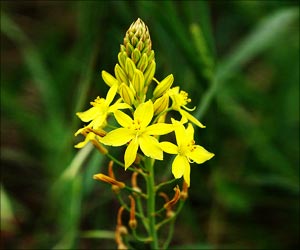
"Our approach is much like when humans take probiotic pills or eat yogurt with probiotics to supplement the 'good' microbes in their guts," she said. The microbe from the cottonwood was encouraged to colonize the roots of willows simply by dipping rooted and trimmed cuttings in solutions with the microbe. Grasses were treated with microbes in solution as seeds sprouted in soil.
Once integrated into the plants, the microbe supplemented their own microbial defenses. Microbes that take up residence in the inner tissue of plants and don't cause negative symptoms are called endophytes. In nature, endophytes have a welcomed, symbiotic relationship with plants. In polluted soil, for instance, if the right endophytes are present they consume toxins coming up through plant roots. The endophytes get fed and the plant gets help neutralizing pollutants that could kill it. That's been one challenge of phytoremediation: plants removing pollutants can, all too quickly, succumb to the toxins.
Source-Eurekalert











